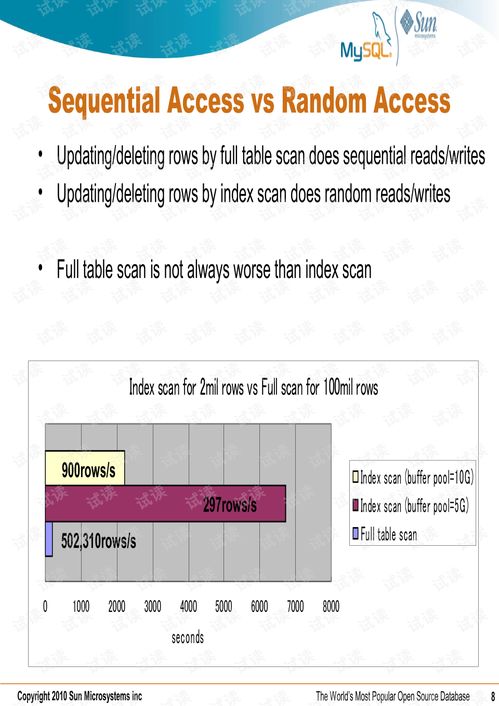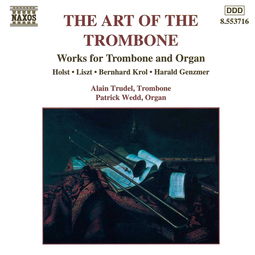Introduction
Fishing is an ancient pastime that offers relaxation, excitement, and a connection with nature. Whether you're looking to unwind after a long day or aiming to catch the big one, starting out in the world of fishing can be both thrilling and daunting. If you're a beginner and want to hone your fishing skills, worry not! This article is here to guide you through the essentials, providing you with practical tips to help you become a proficient angler in no time.
Understand the Basics
Before you set out on your fishing adventure, it's crucial to understand the basics. Here's what you need to know:
a. Types of Fishing:
- Freshwater fishing: Ideal for beginners, as it often involves simpler techniques and a variety of fish species.
- Saltwater fishing: More challenging and requires a deeper understanding of fish behavior and equipment.
b. Types of Bait:
- Live bait: Uses real creatures like worms, minnows, or leeches.
- Artificial bait: Man-made lures that mimic the appearance of real fish or insects.
- Fly fishing: Uses flies as bait, requiring specific rods and techniques.
c. Types of Fishing Gear:
- Rod and reel: The most basic and essential equipment.
- Line: The main component that connects the rod to the bait.
- Hooks: The pointy part that the fish will bite onto.
- Lures: Artificial baits that attract fish.
- Tackle box: A container to store all your fishing gear.
Choose the Right Equipment
Selecting the right equipment is vital for a successful fishing experience. Here are some tips:
a. Rod and Reel:
- For beginners, a spinning rod and reel combination is often recommended as it's easier to use and suitable for various fishing situations.
- Consider the weight and length of the rod based on the type of fish you're targeting.
b. Line:
- Use a monofilament line for beginners, as it's flexible and easier to handle.
- The line's thickness should match the rod's strength and the type of fish you're aiming to catch.
c. Hooks:
- Choose hooks that are appropriate for the bait and the fish you're targeting.
- Ensure the hooks are sharp and properly attached to the line.
Learn the Techniques

Fishing techniques can vary depending on the type of fishing and the species of fish. Here are some general tips:
a. Casting:
- Practice casting in a safe area to get comfortable with the technique.
- Hold the rod with a comfortable grip and use your wrist and arm to cast the line.
b. Baiting:
- Attach the bait to the hook securely, ensuring it moves naturally in the water.
- If using artificial bait, learn how to retrieve it effectively to mimic the movement of real prey.
c. Patience:
- Remember that fishing requires patience. It's not uncommon to wait for hours without a bite.
- Stay focused and be prepared to wait for the perfect moment to set the hook.
Safety First
Safety should always be a priority when fishing. Here are some tips to keep you safe:
a. Weather Conditions:
- Check the weather forecast before heading out and dress appropriately.
- Avoid fishing during severe weather conditions.
b. Location:
- Choose a safe and accessible location for fishing.
- Be aware of your surroundings and the local regulations.
c. Personal Safety:
- Always fish with a buddy, especially if you're new to the sport.
- Carry a first aid kit and know basic first aid.
Conclusion
Becoming a skilled fisherman takes time and practice, but with the right approach, anyone can enjoy the rewards of fishing. By understanding the basics, choosing the right equipment, mastering the techniques, and prioritizing safety, you'll be well on your way to becoming a proficient angler. So, grab your rod, reel, and tackle box, and embark on an exciting journey into the world of fishing!












